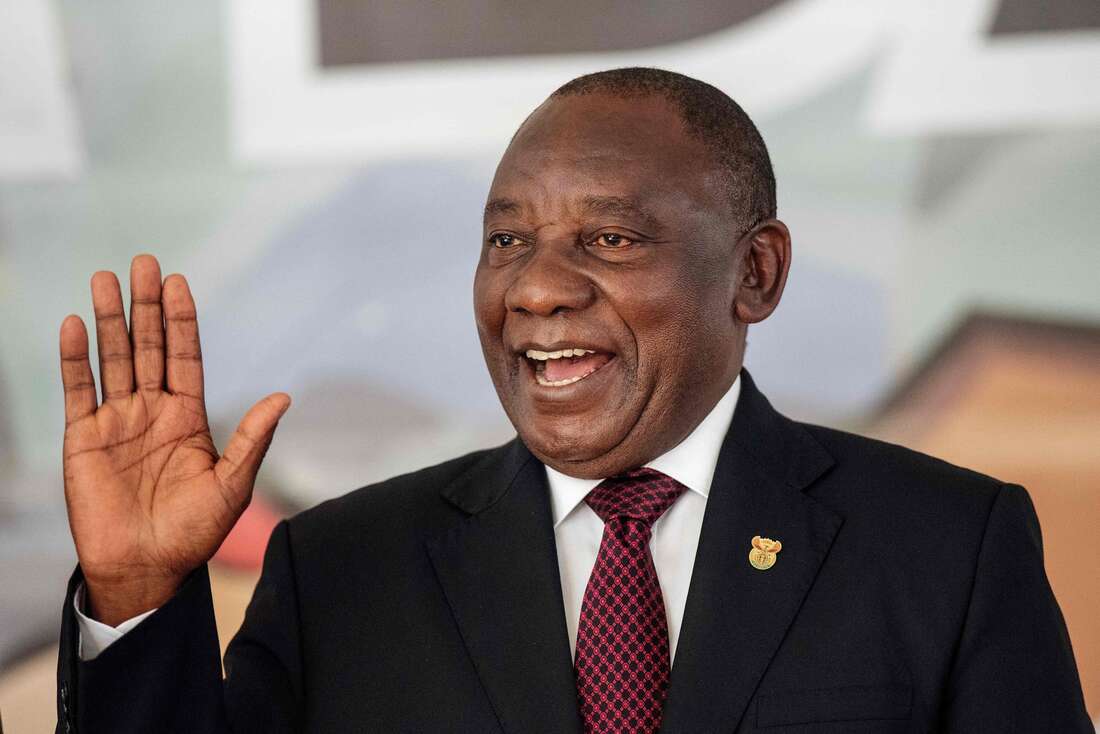Ramaphosa: Give women a front seat in economic activities

South African President Cyril Ramaphosa.
What you need to know:
- South Africa and Tanzania outline financial inclusion as a key accelerator to bolstering women’s economic justice and rights by 2026.
- African States working towards adopting a protocol and program of action on women in trade to promote their participation in the African Continental Free Trade Area.
African governments bank on financial innovations to boost women’s participation in economic activities in the next five years.
South Africa and Tanzania outlined financial inclusion as a key accelerator to bolstering women’s economic justice and rights by 2026, during the Generation Equality Forum held in Paris, France, last month.
“Innovation in financial services in Africa offers an opportunity for a record scale up of financial services and products that can be made available to women ,” said South African President Cyril Ramaphosa.
He said his government had started dismantling systemic barriers through allocation of 40 per cent of all public procurement to women owned businesses. And the female entrepreneurs had been put on training to equip them with knowhow on accessing the facility.
Regionally, he said the African States are working towards adopting a protocol and program of action on women in trade to promote their participation in the African Continental Free Trade Area.
Economic inclusions
President Ramaphosa emphasised that exclusion of women and girls in access to economic activities must become history as “they deserve to be at the forefront of economic inclusion.”
Tanzania Vice-President Dr Philip Mpango who represented President Samia Suluhu Hassan, stated the leadership’s commitment to adopting innovative approaches such as electronic payment platforms, virtual savings and credit supply platforms to enhance inclusion of women in financial services.
Suluhu’s government is also deliberate in freeing Tanzania’s women from unpaid labour to invest the hours in economic activities, at a time when latest studies show more women (one in three) spend more than nine hours in childcare, unlike the one in four women prior to the pandemic.
Dr Mpango said they would upscale national multi-sectoral childcare programs in addition to establishing community-based childcare centres in the villages, workplace and market centres.
Relevant technologies
“The government will also upscale investments in reliable water supply, rural electrification and renewable clean energy,” he noted.
With access and use of affordable and relevant technologies, women in the rural and peri-urban areas would be relieved of the multiple roles that consume hours they would spend in productive activities.
In education, President Suluhu plans to set up girls’ sciences schools, technology hubs and vocational training centres across the country.
While on market access, her government could leverage on digital technologies to promote competitive production and trading.
As a result, create dynamic value chains and reliable markets in agriculture, livestock keeping, mining development and development of the blue economy and other sectors where women are mostly employed, Dr Mpango said.
Tanzania’s government, he said, will endeavour to allocate resources towards the implementation of these commitments.
He, however, said the government is open to partnerships to enable it to fulfil its commitments.





